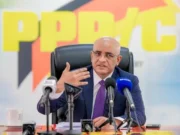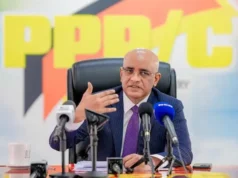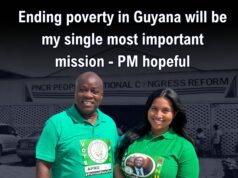More than 30 civil society actors are disappointed that the draft Natural Resource Fund (NRF) legislation does not clearly state what percentage of the oil money will go towards budget stabilization, economic development, and generational savings.
The group which includes USA oil giant, ExxonMobil, was also keen to note that if left unaddressed, the government would be going against one of the Santiago principles which state that there should be clear and publicly disclosed policies, rules, procedures, percentages and arrangements in relation to the Fund’s approaches to withdrawal, spending, and saving.
While the government failed to give any consideration to this aspect, the civil society actors said that they note with interest, the government’s careful attention to detail how it wants to access the fund for expenditure purposes. It said that this is outlined in sections 24 and 26 of the NRF Bill.
Section 24 notes that the government will take money from the Fund based on the Economically Sustainable Amount for that fiscal year; and the Fiscally Sustainable Amount for that fiscal year.
The Economically Sustainable Amount is the maximum amount that can, in the opinion of the Minister, be withdrawn from the Fund without diminishing the competitiveness of Guyana’s economy within a fiscal year.
The Fiscally Sustainable Amount is the maximum amount that can be withdrawn from the Fund in a fiscal year while ensuring the long-term financial sustainability of the Fund and maintaining stability in the annual withdrawals from the Fund.
The Bill notes that the Finance Minister is responsible for calculating the Fiscally Sustainable Amount.
The 38 civil society actors in a joint statement said, “If the government can have the foresight to ensure it can tap into the Fund, via two complex calculations, then the same consideration must be given to the percentages, specifically the one to be saved as required by the Santiago Principles.”













